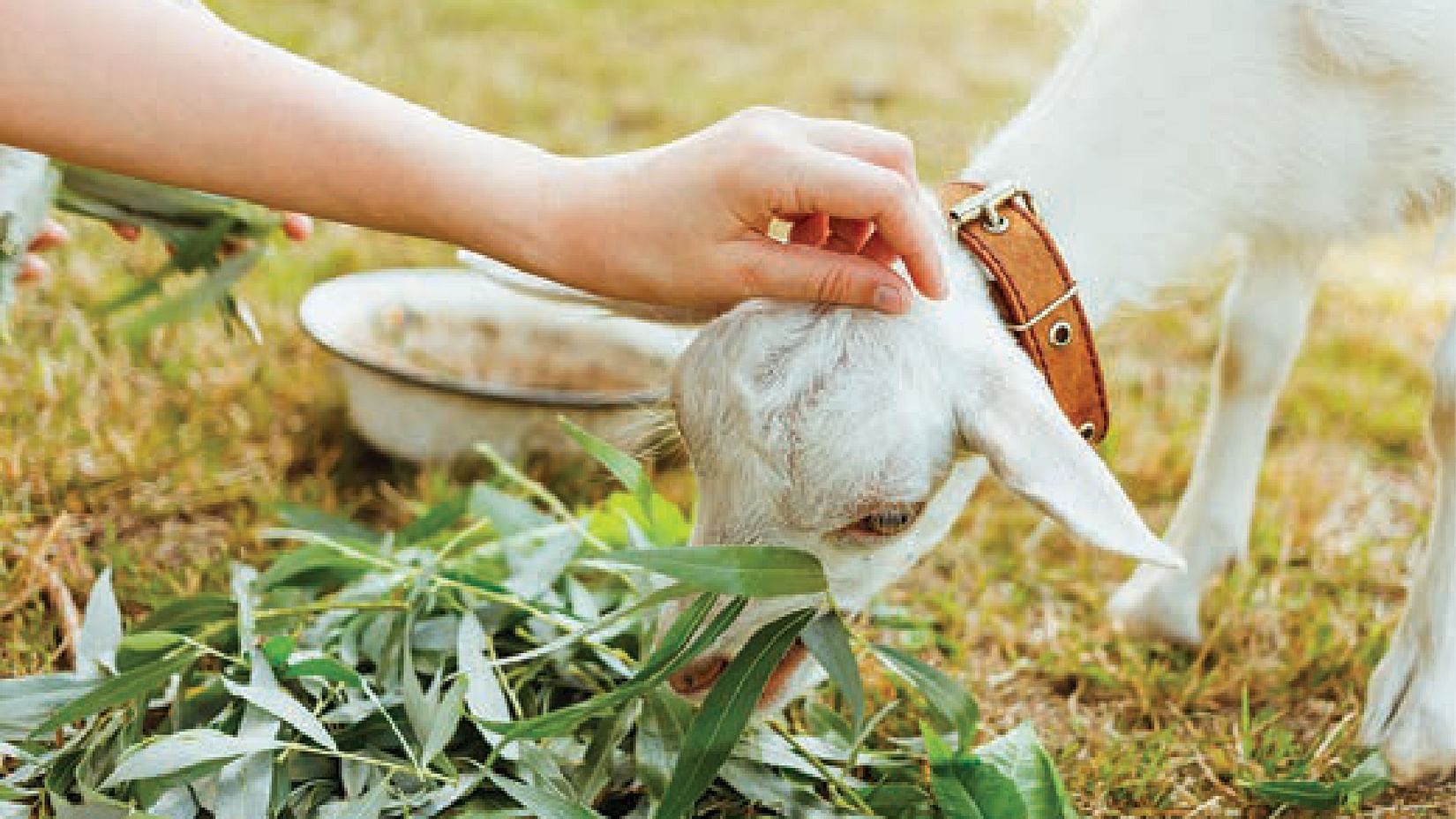- Best Christmas Celebration in Delhi
- A Serene Weekend Getaway from Noida
- Activities in Gurgaon
- Short Trip from Delhi
- Weekend Getaways from Noida
- Pet-friendly Resort in Gurgaon
- Events in Gurgaon
- Tourist Places in Gurgaon
- Night Life in Gurgaon
- Wellness Retreat Near Delhi
- Weekend Getaways From Gurgaon
- Weekend Getaway near Chandigarh
- Two Days Outing near Delhi
- Anniversary Celebration Near Delhi
- Offbeat Places Near Gurgaon
- Things to Do in Manesar
- Sightseeing in Gurgaon: Experience the Other Side of Gurgaon
- IT Parks in Gurgaon
- New Year Celebration in Gurgaon
- The Best Vacation Places Near Delhi
- Offbeat Places Near Delhi
- Weekend Getaways From Delhi
- Holiday Resort Near Delhi
- Romantic Getaway Near Delhi
- A Delightful Summer Vacation in Gurgaon
- Karma Lakelands: An Idyllic Nature Resort Near Delhi
- When Shit Hit the Fan, Crores of Investment Went 5 Feet Under !!
- The Lockdown Revelations
- Ecotherapy in the times of Covid 19
- The Brown & Beautiful Story of Composting
- Legends, Legacy, and Lakelands!
- Green Drive Began from Home
- Air Quality in Green Areas
- No Time To Waste!
- Karma Lakelands
- In Harmony with the Elements
- The (Golf) Course Where It All Begins!
- Sustainability in Hospitality is Now a Dire Necessity
- Nurture Children In Nature
- Karma Villas
- The Staycation Gateway
- Playing Golf, The Karma Way
- Karma Weddings
- A Villa for Your Majesty
- Timeless Weddings
- Responsible Living at Karma Lakelands
- Nek Chand - The Inspirational Cornerstone of Karma Lakelands
- Luxury Living at its Best
- Blissful Living at Karma Lakelands
- 8 Reasons to Stay with Karma Lakelands
- Weekend Destinations Near Delhi
- Bamboo Forest at Karma Lakelands
- Places to Visit In and Around Manesar
- A Valentine’s Day Special in Gurgaon
- A Wedding Day Checklist for Brides
- Pet Friendly Diwali At Karma Lakelands
- Things to Do With Your Furry Friend on a Weekend
- Eco-initiative: The Brown & Beautiful Story of Composting
- Family Weekend Getaway In Delhi NCR
- The Perfect Picnic Spots near Delhi NCR for One Day
- A Weekend Getaway in Delhi-NCR for Couples
- The Ideal Pre Wedding Shoot Venue
- Karma’s Man of the Moment
- Consecrating the Banner of Patriotism
- Nature’s Teaching for the Next Generation
- Voyage of a Visionary
- Pet-friendly Cafe in Gurgaon
- Staycation in Gurgaon
- One Day Picnic
- A Romantic Dinner in Gurgaon
- Resort in Gurgaon for Family Outing
- Corporate Offsite Near Delhi
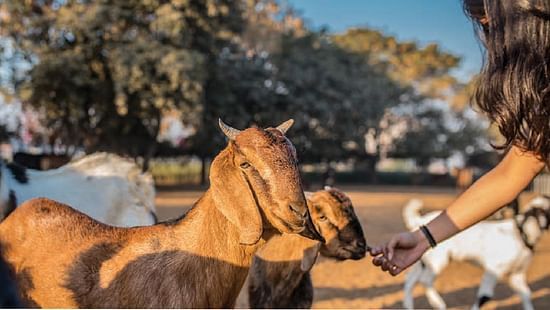
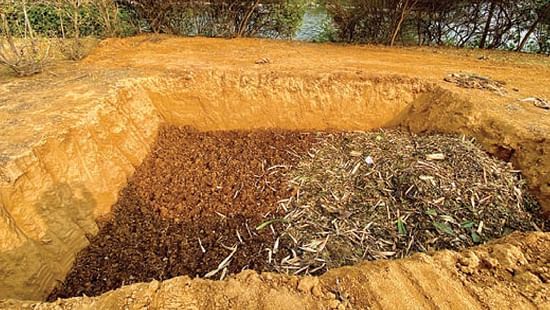
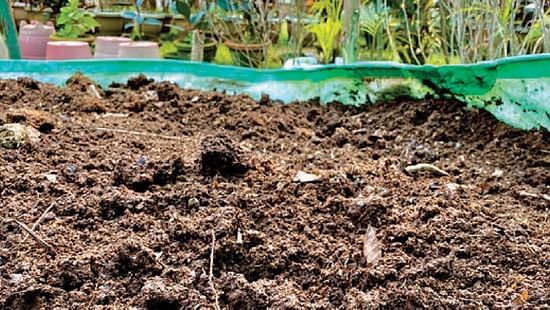
Compost is a hot commodity these days however, the history of amending the soil to grow better crops goes back to prehistory. A nutrient-rich organic soil amendment, the socalled ‘black gold’, named for its dark colour and the many benefits it brings to our rapidly degrading environment, compost is regaining its popularity amongst both gardening enthusiasts embracing sustainable practices as well as those who advocate in favour of organic produce.
While the world is pacing fast to catch on a trend that has made a welcome comeback, Karma Lakelands has been practicing the art of bio composting for several years now. Keeping environmental sustainability at the heart of everything we do, one of our passionately undertaken ecoinitiatives is our bio-composting.
While the world is pacing fast to catch on a trend that has made a welcome comeback, Karma Lakelands has been practicing the art of bio composting for several years now. Keeping environmental sustainability at the heart of everything we do, one of our passionately undertaken ecoinitiatives is our bio-composting.
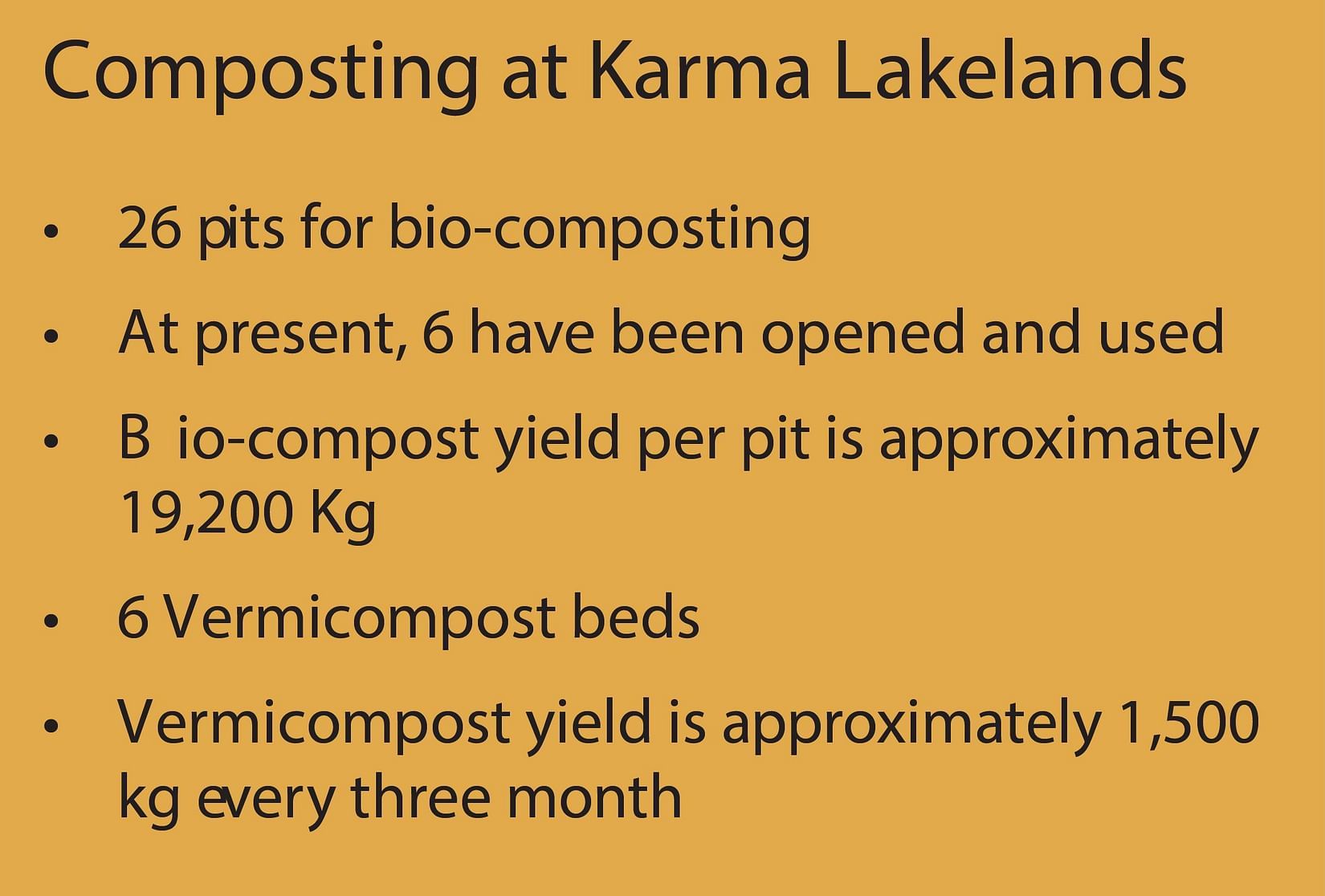
Bio Composting
Our compost is a collection of plant clippings/ pruning from the campus that are gathered and mixed with Cow dung & sewage pumped from staff quarters, villas, Klub. The partnership of this biomass with sewage scuttles the smell and there are no flies or mosquitos. This way, the decomposition process, accelerated in time and concentrated in space, mimics what nature accomplishes in the forests. This is the process of soil building. What in wild nature takes decades to accomplish we concentrate into weeks. The dead plants become soil and that soil in turn becomes the next generation of plants in the garden. This is the process that has gone on since life emerged on the Earth, life-begetting life. At Karma Lakelands, we believe that composting is not only a soil amendment practice or a standalone effort towards responsible agriculture but, it is also an integral part of our overall waste management policy to help us strive towards becoming a zero waste organisation. Our restaurants and domestic kitchens segregate the waste at source. The raw vegetable peels and fruits i.e the Pranic waste (excluding leftover cooked food, tea leaves, Onion & Garlic) is fed to the cows and in no time it is dung. The Goats love to nibble at the broken branches, weeds & plant pruning. The non-pranic waste, cooked food and non-veg left overs go to the chickens and ducks. This helps in creating and speeding up the process of composting.
Vermicomposting
‘Vermis’ is the ancient Latin word for worms therefore, Vermicomposting is essentially the decomposition of organic material by worms. At Karma Lakelands, we have six vermicompost beds. The worms perform their magic on both waste matter and the soil producing a nutrient-rich, organic fertilizer and soil conditioner, called “vermi compost”.
Vermicomposting uses specially bred worms to aerate the soil and convert organic matter into compost. Worms are eating machines that feed on the bacteria growing on the waste organic matter and pass it through their digestive system, producing worm castings or “worm poo”. This worm manure or vermi castings as it is politely and officially called, may be useless waste to a worm, but to a gardener it is a fantastic soil conditioner and enhancement medium. Verm compost not only contains worm poo, but also their bedding materials and added organic wastes at various stages of decomposition allowing other micro-organisms to attach to the digested organic matter that has passed through the worm. In line with a strong focus on eco-responsible practices, the composting and vermicomposting initiatives are also extended to K Villa, residence of Mr. Ashwani Khurana, President, Karma Lakelands. To expand the eco-footprint and encourage citizen participation, plant clippings and pruning from the farm as well as the entire Green Avenue Neighborhood are collected and put into various pits. The septic tanker operators emptying the Sewage from various farms and empty them on to the bio mass piles/pits that over a period of few months turns it to rich compost. The process that we at Karma Lakelands call “ From night soil to soil energizer”! The cow dung is run through the bio gas plant which generates methane gas that fires the staff kitchen at K Villa while the slurry goes through Vermi composting.
Vermicomposting uses specially bred worms to aerate the soil and convert organic matter into compost. Worms are eating machines that feed on the bacteria growing on the waste organic matter and pass it through their digestive system, producing worm castings or “worm poo”. This worm manure or vermi castings as it is politely and officially called, may be useless waste to a worm, but to a gardener it is a fantastic soil conditioner and enhancement medium. Verm compost not only contains worm poo, but also their bedding materials and added organic wastes at various stages of decomposition allowing other micro-organisms to attach to the digested organic matter that has passed through the worm. In line with a strong focus on eco-responsible practices, the composting and vermicomposting initiatives are also extended to K Villa, residence of Mr. Ashwani Khurana, President, Karma Lakelands. To expand the eco-footprint and encourage citizen participation, plant clippings and pruning from the farm as well as the entire Green Avenue Neighborhood are collected and put into various pits. The septic tanker operators emptying the Sewage from various farms and empty them on to the bio mass piles/pits that over a period of few months turns it to rich compost. The process that we at Karma Lakelands call “ From night soil to soil energizer”! The cow dung is run through the bio gas plant which generates methane gas that fires the staff kitchen at K Villa while the slurry goes through Vermi composting.
